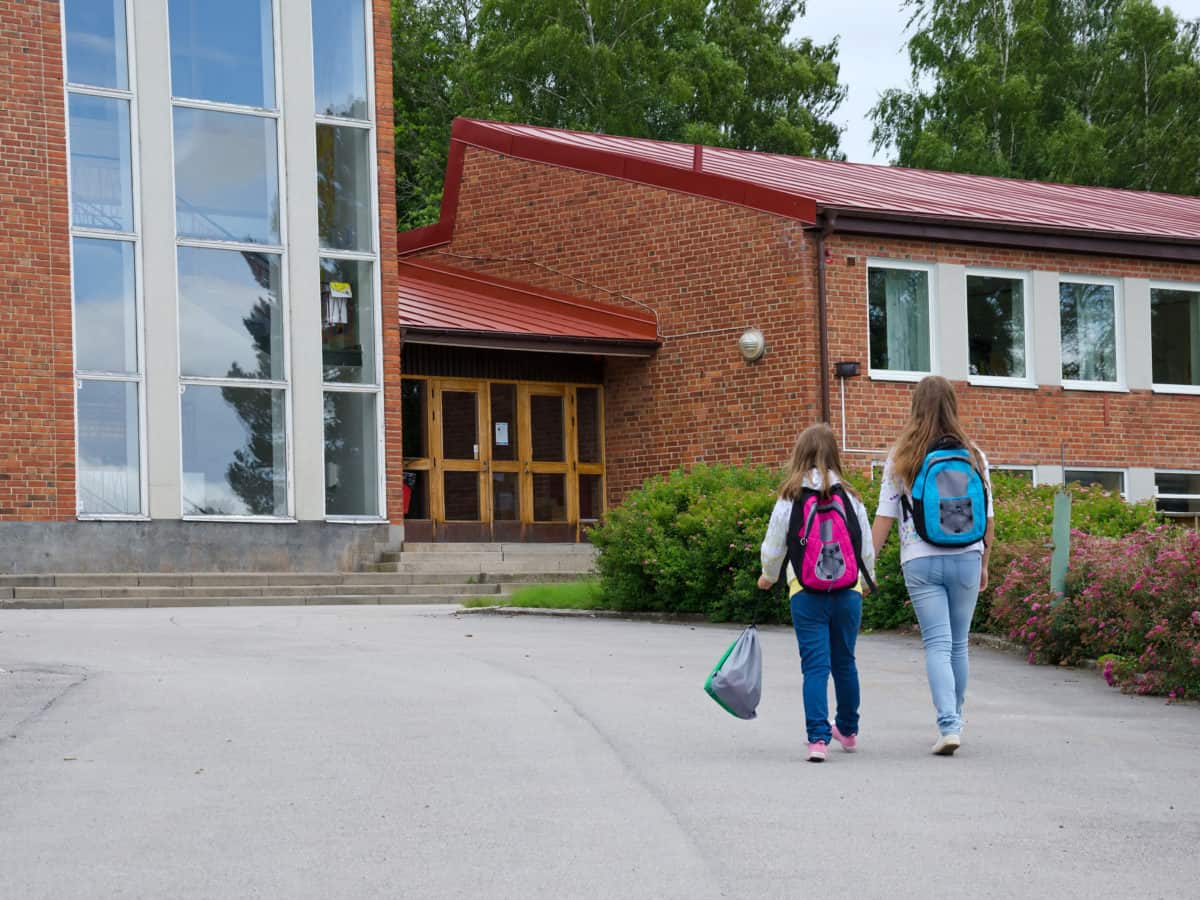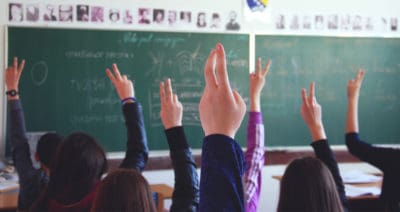

A New York Times editorial referred to K-12 students in the U.S. as a “lost generation of kids.” After interviewing education experts, writers at the Washington Post concluded “millions of public school students will suffer.” One expert even predicted, “We are facing an educational catastrophe.”
A lost generation? An educational catastrophe? This is hyperbole. It’s also nonsense. I think the kids will be fine. Here’s why.
School superintendents have every reason to sound the alarm bells about possible learning losses. It’s in their best interests to do so. It’s much easier for administrators and other education officials to lobby for extra funding if they’re facing an “educational catastrophe” and they need to save a “lost generation.”
Reporters are only too happy to share their concerns. Doom and gloom headlines predicting harmful effects on student achievement capture readers’ attention; reporting no expected change doesn’t.
I supported increased funding for education before the pandemic. I still do, especially for targeted funding to help students like the English language learners I taught for much of my career. I just think it’s disappointing we need a pandemic to get this attention and justify the increased financial support.
All the worries about an “educational catastrophe” and a “lost generation” do a serious disservice to our country’s students and their dedicated teachers. Do people really think the only place kids learn is in school? The pandemic is giving students a chance to do many of the things they don’t get to do at school — hands-on learning, projects, playing outside, taking on home responsibilities, etc.
Teachers have been going above and beyond during the pandemic school closures, working hard to provide online schooling for their students and contacting families. They’ll go above and beyond when school eventually resumes, meeting students’ needs and providing the appropriate support.
Am I minimizing the potential fallout from pandemic school closures? Maybe. I realize parents are afraid their children will fall behind. It’s also clear school closures aren’t affecting all students equally. Gaps will remain. I have a hunch, though, that as bad as the achievement gaps are now, pandemic closures won’t make them significantly worse.
As I pointed out in a recent Chalkbeat piece, these school closures are a universal experience, and some research from right here in North Carolina shows this helps. When individual students miss a lot of school, their achievement is often negatively affected. It’s less of a factor when all students miss school.
Case in point: Many schools in the eastern part of North Carolina were closed at the beginning of the 2018-19 academic year because of Hurricane Florence — 29 schools missed four to five weeks of classes. In spite of this, North Carolina Department of Public Instruction assessment data from the end of the school year showed that on the whole, schools affected by Hurricane Florence recorded “ongoing gains in student performance.”
Students now will end up missing much more than four to five weeks of school, but I’m cautiously optimistic that the commonality of the experience may mitigate harmful effects for everyone. One of the best ways to find out whether mass school closures throughout the U.S. have any harmful effects on school achievement will be through the National Assessment of Educational Progress (NAEP), commonly known as the Nation’s Report Card. Administered every two years throughout the U.S., it’s considered the gold standard of assessment because of its professionalized administration and its random sampling of schools and students. I served as an assessment administrator in western North Carolina in 2019 and hope to do so again in 2021.
Will the results of the 2021 administration show the kids ended up being fine? I’m looking forward to finding out!




